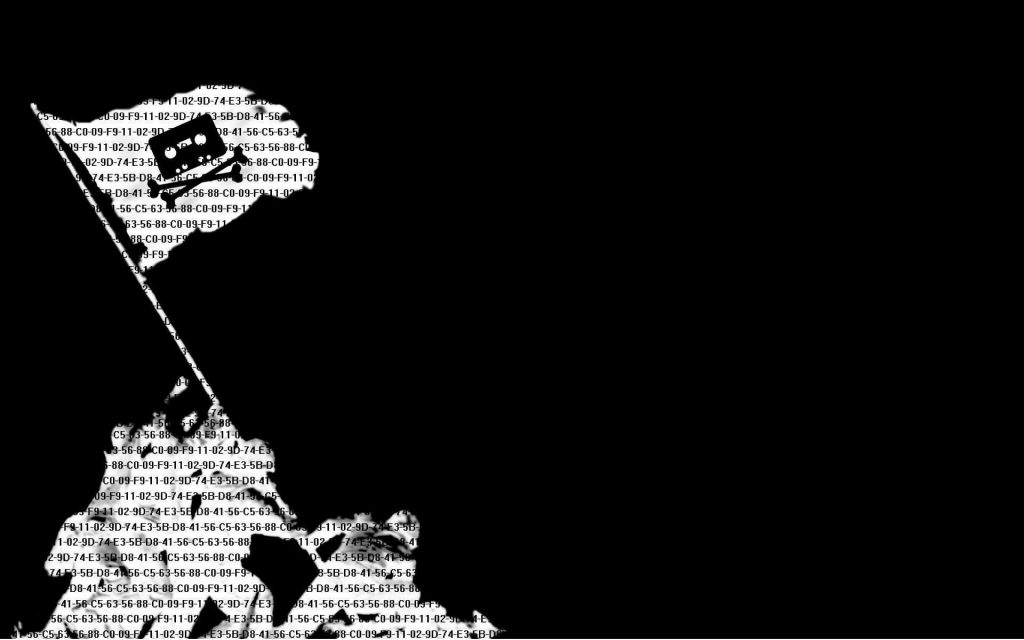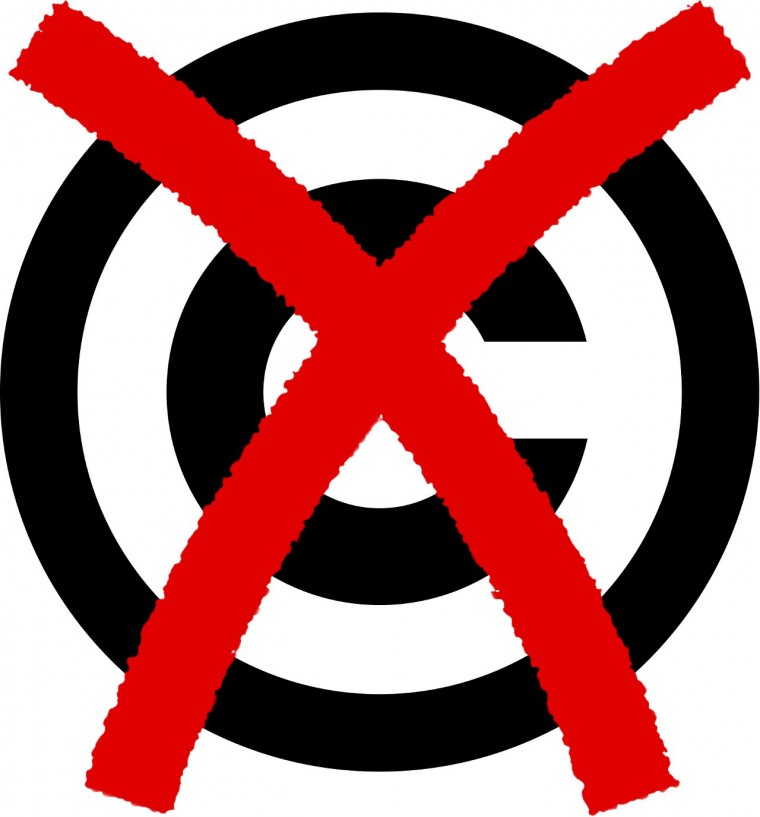Despite all the existing means of protection, in this decentralised environment, digital information is still easy to access and modify as any Internet user is a potential author, publisher and infringer of copyright (Klein, Moss and Edwards, p. 21, 2015).

Digital Piracy – (Silvester, 2015)
Piracy is a large-scale violation of copyright law that is caused both by criminal organisations (commercial piracy) and consumers themselves (end-user piracy). Commercial pirates are interested in high profit margins that is possible to reproducing and distributing copyrighted products, while the issue with individuals who are usually law-abiding citizens is very contradictory. The reason for such a widespread end-user piracy phenomenon lies in the fact that modern technologies have made it possible to copy works for free without loss of quality. As a result, the piracy turned into a digital one that strongly distracts media industry (Belleflamme and Peitz, 2014).
The first digital pirates appeared in 1976 after a recently debuted PC allowed illegally using of software, or precisely Microsoft, and Bill Gates wrote his famous letter with the words “Who cares if the people who worked on it get paid?”. Later Shawn Fanning introduced a file-sharing program Napster that has changed the whole music and media industry (RightsCorp, 2011).
A few of the consequences of digital piracy:
1. In 2015 more than half a billion personal information records were stolen or lost through data breaches (Symantec, 2016).
2. Global sales in the music industry have fallen 30% over the past five years in spite of a 940% growth in digital (Webroot, 2016).
3. A research by Ipsos reports that in 2014 almost 30% of the UK population infringe copyright, either through streaming content online or buying counterfeit DVDs that costs the UK audiovisual industries about £500m a year (Lodderhose, 2014).
Although, right holders are constantly fighting piracy by adopting new more sophisticated laws and applying technologies like DRM, in some cases this unauthorised use is viewed as free publicity that brings more profit than financial losses (Klein, Moss and Edwards, p. 21, 2015). For instance, Jeff Bewkes Time Warner CEO has recently said that illegal access and distribution of Game of Thrones is ‘a tremendous word-of-mouth thing’ and noted that this experience of sharing HBO has eventually led to conquering new subscribers (Brayson, 2013).
All in all, it is impossible to avoid the eternal debate about a free or paid access to creative works, as there will always be supporters of both approaches. Due to the fact that the long-lasting legal war with piracy was meaningless, the media giants should fight with infringers in a new sophisticated way like Netflix or HBO do by offering subscriptions at affordable prices (Tassi, 2014).
